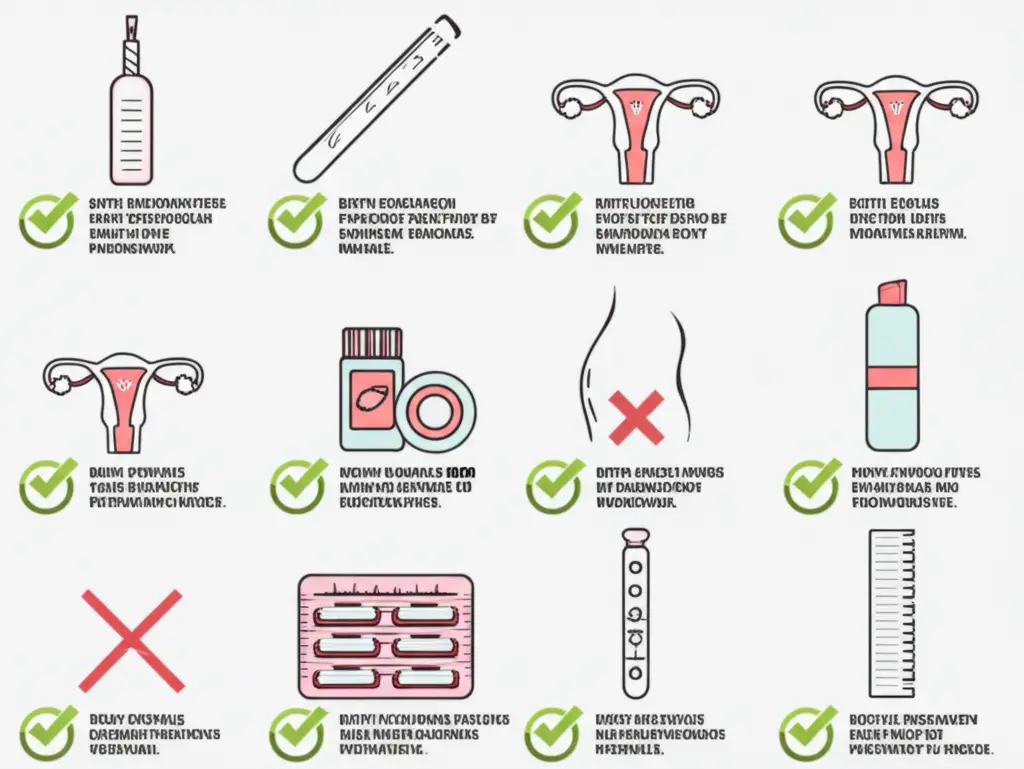Why Contraceptives Aren't Always Covered by Insurance: What You Need to Know
Explore why some insurance plans don't cover contraceptives and how it impacts your options.

Hey there, curious minds! It's no secret that navigating health insurance can sometimes feel like you're wandering through a maze. One frequently discussed topic is the coverage of contraceptives by health insurance providers. Why do some plans cover them while others don't? In today's post, let's dive into the reasons behind this and explore your options.
Why Isn't Contraceptive Coverage Standard?
If you've found yourself puzzled over why your insurance doesn't cover contraceptives, you're definitely not alone. Let's start by answering this often-asked question: why isn't contraceptive coverage a given?
In general, coverage decisions are influenced by a mix of state laws, individual insurance policy terms, and the preferences of employers offering the plans. Some states mandate insurance providers to offer contraceptive coverage, but this isn't a nationwide rule. Hence, depending on where you live or where your insurance policy originates, you might not have access to this benefit.
The Role of the Affordable Care Act (ACA)
The ACA intended to change the game by requiring most insurance plans to cover contraceptives without cost sharing. However, there are exceptions to this rule. Notably, certain employers, due to religious or moral objections, have the option not to provide coverage under the ACA.

Options If Your Insurance Doesn't Cover Contraceptives
So, what can you do if your insurance plan doesn't provide contraceptive coverage? Here are some practical steps you might consider:
- Explore Other Insurance Options: During open enrollment periods, check if other plans better meet your needs, especially if they offer comprehensive contraceptive coverage.
- Community Health Clinics: Many clinics provide contraceptive services, sometimes based on a sliding scale fee structure.
- Online Services: Today, several online platforms offer contraceptives delivered right to your door, often at competitive prices.

FAQs About Navigating Contraceptive Coverage
When it comes to contraceptive insurance coverage, a few questions often bubble up to the surface. Here are some queries that might be on your mind:
Can I appeal a denial of coverage?
Absolutely! If your insurance denies contraceptive coverage, many times you can appeal the decision. It's worth reaching out to your insurance provider to explore this option.
Why do some employers object to providing coverage?
Some employers may choose not to offer contraceptive coverage due to religious or ethical beliefs. This is a topic with plenty of nuanced viewpoints, which is why open dialogue and understanding are key.

Finding the Right Fit for You
Ultimately, understanding how your insurance plan approaches contraceptive coverage is crucial to making informed health decisions. Remember, there are often multiple ways to ensure you have access to the contraceptive methods you prefer, even if it requires a little extra legwork.
What about you? Have you navigated this insurance maze successfully? Share your insights and experiences—sometimes our combined knowledge is the best map we've got!




